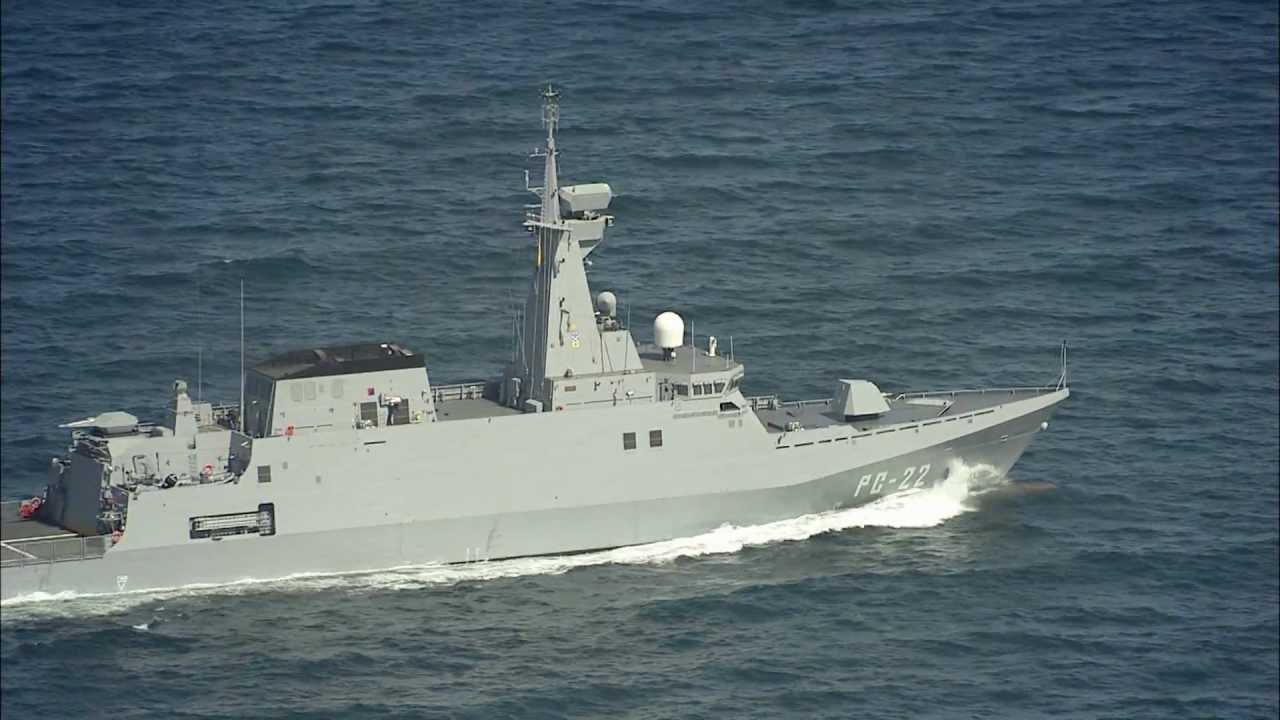- Clear risk of their being misused in the Saudi naval blockade of the ports in Yemen, a serious violation of international humanitarian law
- Alarmed by the sales to Saudi Arabia in 2015, NGOs call on Parliament and the new government to tackle the improvement of the control and transparency in the arms trade
The Directors of Amnesty International, the Peace Foundation (FundiPau), Greenpeace and Oxfam Intermón have sent an open letter to Navantia and the acting Spanish Prime Minister expressing their opposition to the imminent signature of an agreement between Navantia and Saudi Arabia to build five Avante 2200 frigates for the Saudi navy. The NGOs alert there is a clear risk that Saudi Arabia uses the frigates in the naval blockade it has imposed on Yemen since 25 March 2015, when it launched a devastating campaign of aerial attacks in Yemen in which it has committed serious violations of international humanitarian law, including war crimes. Yemen’s naval blockade by the Saudi coalition is a serious violation of international humanitarian law.
According to the UN, some 5,979 conflict related deaths and over 28,000 wounded were reported in the conflict in Yemen, as well as over 2.5 million internally displaced people. More than 21 million people require humanitarian assistance to cover their basic needs, in a crisis exacerbated by the naval blockade of Yemen. The airstrikes launched in Yemen by the Saudi-led coalition, including airstrikes against schools, are in breach of international humanitarian law, and the Saudi coalition has reportedly used cluster munitions.
The export of these frigates would be a clear violation of international law, including the Arms Trade Treaty, the Spanish Law 53/2007 on the control of foreign trade of defence material and dual use products, the EU Common Position defining common rules governing control of exports of military technology and equipment and the OSCE Principles Governing Conventional Arms Transfers, as well as the responsibility of companies to respect human rights under the UN “Protect, Respect and Remedy” Framework for Business and Human Rights and the UN Guiding Principles on Business and Human Rights adopted by the UN in 2011.
According to official data, in the first semester of 2015 Spain authorized the sale to Saudi Arabia Saudí of defence material including bombs, torpedoes, rockets and missiles, fire control systems and aircraft worth over 27 million Euros. In this period, the exports to Saudi Arabia, including two air-to-air refuelling aircraft, spare parts and technical assistance, were worth over 447 million Euros. In connection with the negotiations for form a new Spanish government, the NGOs demand that these discussions tackle measures to improve control and transparency in the arms trade to prevent the sale of arms to commit serious violations of international law.



